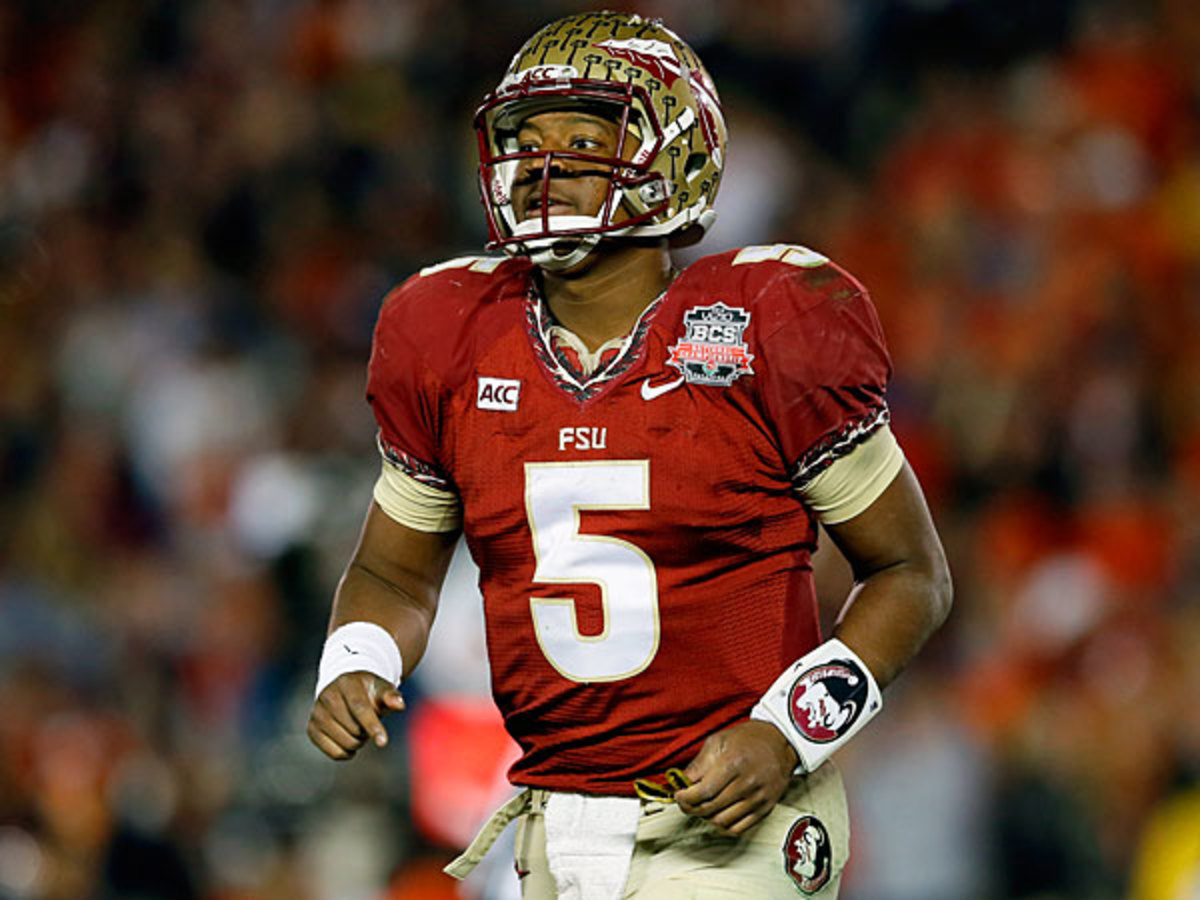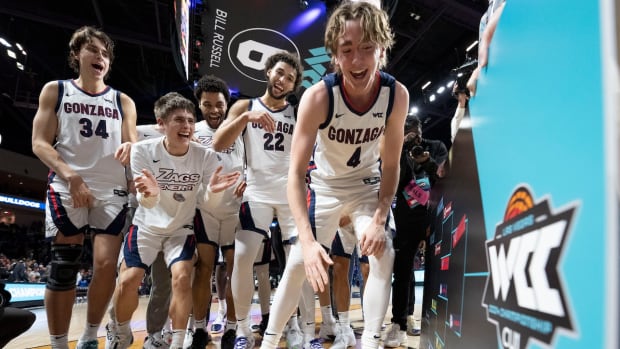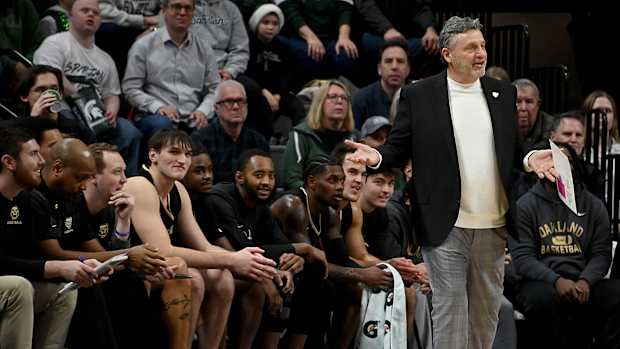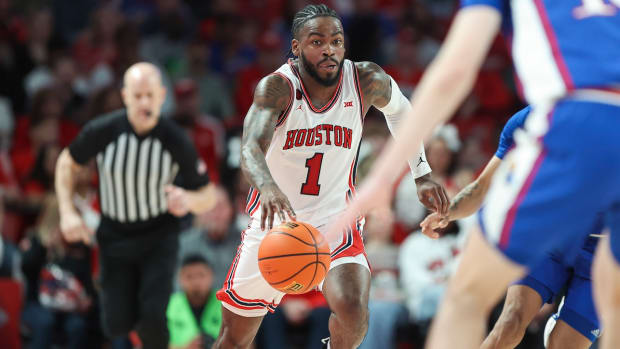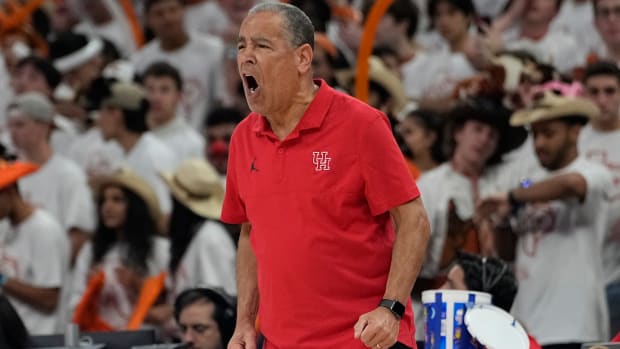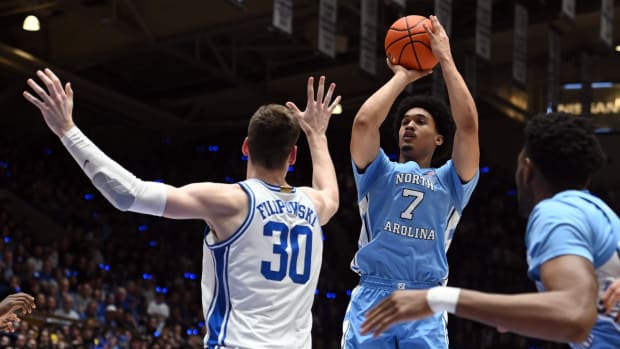New York Times report challenges TPD's handling of the Jameis Winston investigation
Florida State's Jameis Winston was not prosecuted after a sexual assault investigation. (Kevin C. Cox/Getty Images)
The New York Timesreleased an extensive report on Wednesday examining the Tallahassee Police Department’s handling of the investigation involving Florida State quarterback Jameis Winston. The Times, which contacted the TPD, the university, prosecutor Willie Meggs and attorneys for both Winston and the accuser, among others, found that the police department’s inquiry into rape allegations against Winston had some very fundamental flaws.
In fact, an examination by The New York Times has found that there was virtually no investigation at all, either by the police or the university.
The police did not follow the obvious leads that would have quickly identified the suspect as well as witnesses, one of whom videotaped part of the sexual encounter. After the accuser identified Mr. Winston as her assailant, the police did not even attempt to interview him for nearly two weeks and never obtained his DNA.
The accuser first notified police about the case in which she alleged she was sexually assaulted after going to a local Tallahassee bar, Potbelly’s, on Dec. 7, 2012. The accuser identified Winston as a suspect on Jan. 10, 2013, after hearing his name called in a class. Investigators first reached out to Winston 13 days later, on Jan. 23, via a telephone call.
Meggs expressed significant concerns with this method of communication.
Mr. Meggs said he was shocked that the police investigator’s first attempt to contact Mr. Winston was by telephone. “He says, ‘I have baseball practice, I’ll get with you later,’” Mr. Meggs said. That call allowed Mr. Winston to hire a lawyer who told him not to talk.”
The Winston case broke to the public on Nov. 13, 2013, in the week leading up to Florida State’s football game against Syracuse. The Seminoles were 9-0 at the time, and Winston had already established himself as a leading Heisman Trophy candidate. On Dec. 5, Meggs announced that the evidence in the case was not sufficient enough to prosecute Winston. Florida State went on to win the BCS national championship just over a month later.
The Times report, written by Walt Bognanich, brings up major questions about the TPD’s delay in investigating the allegation. It also examines lead detective Scott Angulo and the department’s decision to close the case on Feb. 11, 2013. Specifically, the report asks why attempts to follow up on leads were so limited, including attempts to acquire security videos from Potbelly’s or identify the taxi driver who drove Winston and the accuser away from Potbelly's on the night of the incident.
Because of the young, combustible clientele, Potbelly’s protects itself by operating more than 30 security cameras. If something untoward happens, the cameras are there to record it. They were in position to fill in the blanks from that evening, recording how the woman came to leave without her friends, her general behavior and the face of the man who gave her the final drink.
Taxi records also contained a footprint for investigators to follow: The woman recalled that someone in the car swiped a Florida State student identification card to get a discounted fare.
The Times
